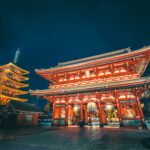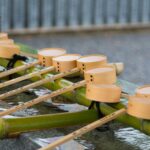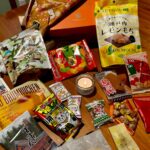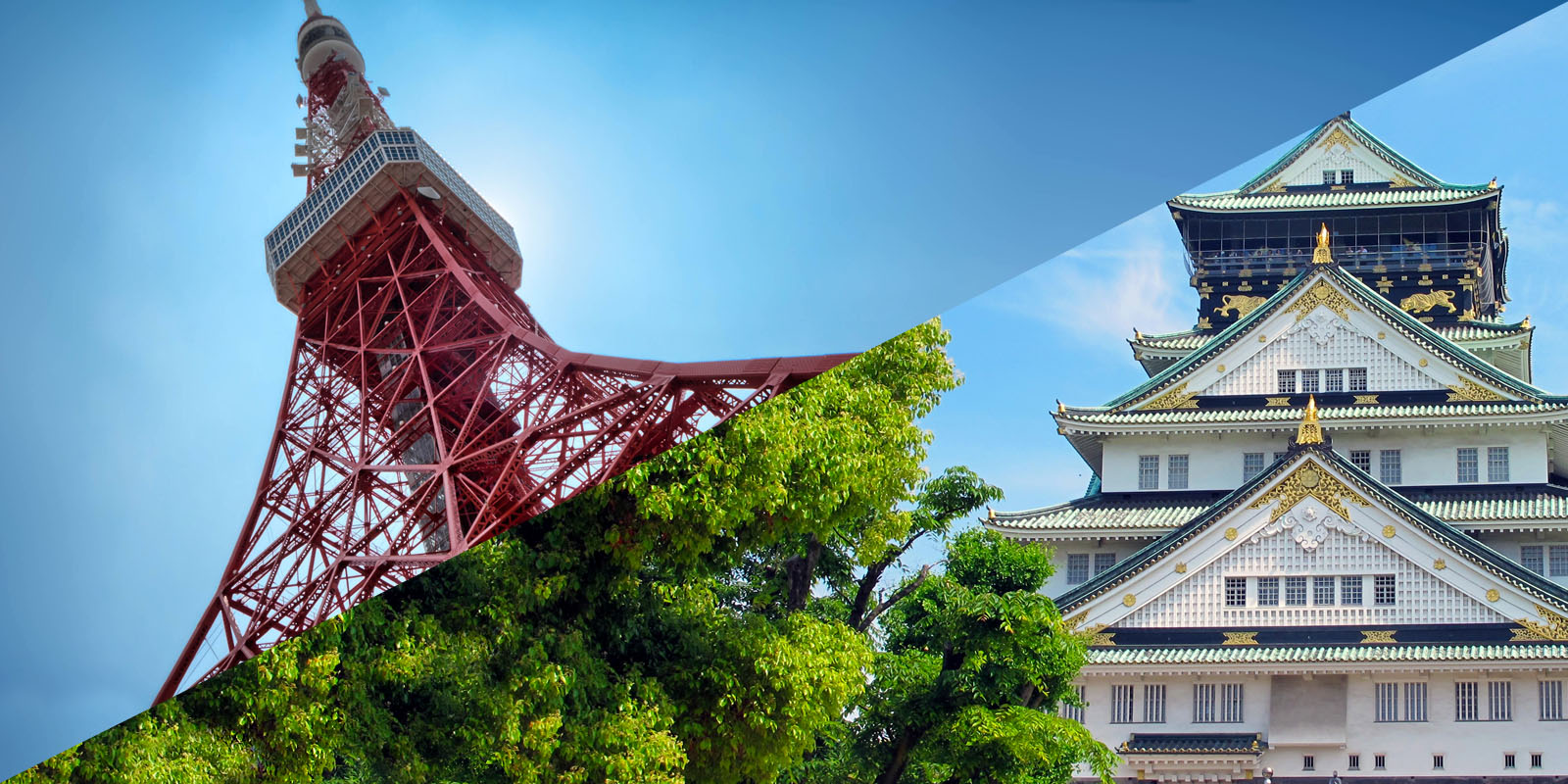An icon of the Far East, Japan is a land that seamlessly blends tradition with modernity, creating an alluring tapestry that beckons travelers worldwide. With its majestic landscapes, rich cultural heritage, and cutting-edge technological advancements, it has rightfully earned its place as a coveted travel destination.
However, beyond the bustling cities and iconic landmarks, there exists a hidden facet of this nation waiting to be discovered: off-grid travel.
While not for the faint of heart, exploring Japan ‘off the beaten path’ provides an experience you can’t find on all those trendy itineraries.
To help you get started, this article will provide you with insights on what to bring for an enjoyable yet safe off-grid trip in Japan.
Off-Grid Travel In Japan: A Hidden Gem
Venturing off the beaten path has a distinct charm, and Japan is an ideal canvas for such exploration. While bustling cities like Tokyo and Osaka are teeming with activity, the nation’s rural landscapes offer a tranquil escape into nature’s embrace. For example, the picturesque countryside, adorned with cherry blossoms in spring, fiery foliage in autumn, and paddies of gold and green in the summer, is a soothing balm for the weary traveler’s soul.

Off-grid travel offers an opportunity to connect to such places deeply, immerse oneself in the lived experience of the locals, and experience a slower pace of life that contrasts with the urban hustle.
Essential Preparations For Off-Grid Travel
Embarking on an off-grid adventure in Japan requires careful planning to ensure safety, success, and enjoyment. Here’s a checklist of crucial items to prepare:
- Navigation tools: Obtain detailed maps, a GPS device, or a reliable navigation app to help you navigate remote areas.
- Portable energy sources: Not having to wait for the next travel stop to recharge your devices is helpful. Stuff like portable solar panels can help you harness the sun’s power to charge your phone, camera, laptop, and other electronics. That lets you stay connected and powered even in remote areas.
- Language essentials: While English is spoken in major cities, learning basic Japanese phrases can be immensely helpful in rural areas where English is hardly used.
- Accommodations: Research and book accommodations in advance, as off-grid locations may have limited lodging options.
- Food and water: Stock up on non-perishable food items and carry a portable water filter for safe drinking water.
- Weather gear: Pack appropriate clothing for varying weather conditions, including rain gear, warm layers, and sturdy footwear.
- First aid kit: Prepare a comprehensive first aid kit with essentials such as medications, bandages, antiseptics, and personal medical items, such as allergy medication.
- Communication: Invest in a local SIM card or portable Wi-Fi device to stay connected, especially in emergencies.
- Cash: Some remote areas may not accept credit cards, so ensure you have sufficient cash for expenses.
- Travel insurance: Purchase comprehensive travel insurance that covers medical emergencies and unexpected travel disruptions.
Popular Off-Grid Travel Destinations In Japan
Say you have all those things and more ticked off your list. If you don’t know where to start with your off-grid journey, consider the following destinations:
- Shikoku Island: The smallest of Japan’s four main islands, Shikoku is known for its beautiful natural scenery, including mountains, forests, and beaches. It is also home to many historical and cultural attractions, such as the 88 temples of the Shikoku Pilgrimage.
- Takamatsu, Hida: A charming town in the Japanese Alps, Takamatsu is known for its traditional architecture, geisha district, and delicious food. The surrounding mountains offer great opportunities for hiking, camping, and skiing.
- Miyajima Island: A UNESCO World Heritage Site, Miyajima Island is located in the Seto Inland Sea. The island is famous for its floating torii gate, which is a must-see for any visitor to Japan.
- Mount Koya, Kansai: A sacred mountain in the Kii Mountains, Mount Koya is the home of Shingon Buddhism. The mountain is dotted with temples and monasteries and is a popular destination for spiritual seekers and historians.
- Matsumoto, Japanese Alps: A castle town in the Japanese Alps, Matsumoto is known for its beautiful castle, one of the best-preserved in Japan. The town is also surrounded by mountains, making it an excellent base for hiking and skiing.
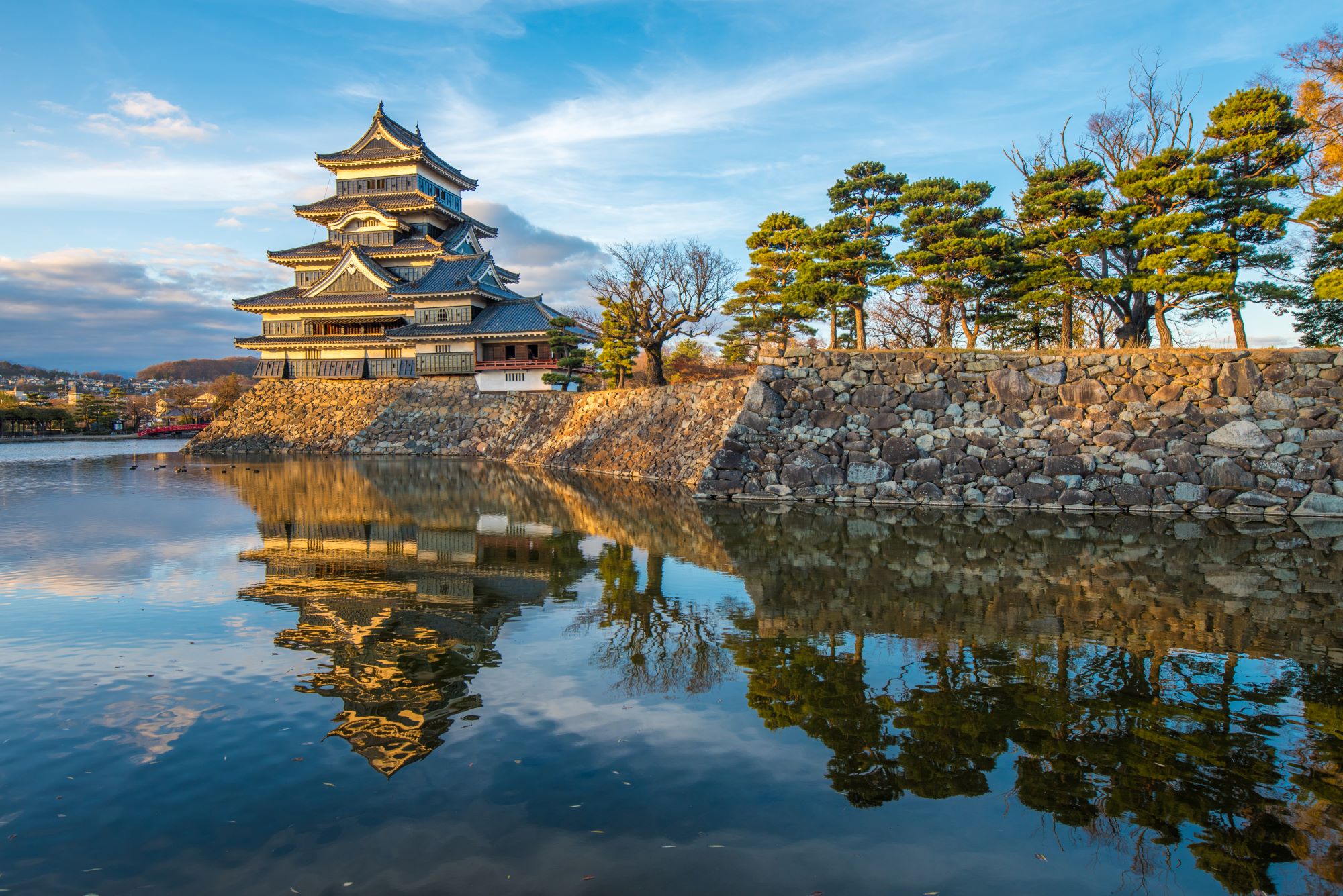
A Challenging, Rewarding Journey
Off-grid travel offers a unique and immersive experience, allowing travelers to disconnect from the digital world, forge a deeper connection with nature, and profoundly experience local cultures. However, it also demands thorough preparation, adaptability, and a willingness to embrace challenges.
With careful planning, respect for the environment and culture, and a spirit of adventure, you can unlock a side of Japan that few get to experience. Embrace the beauty of the unknown and let Japan’s off-grid destinations become the canvas upon which you paint your unforgettable travel story.


